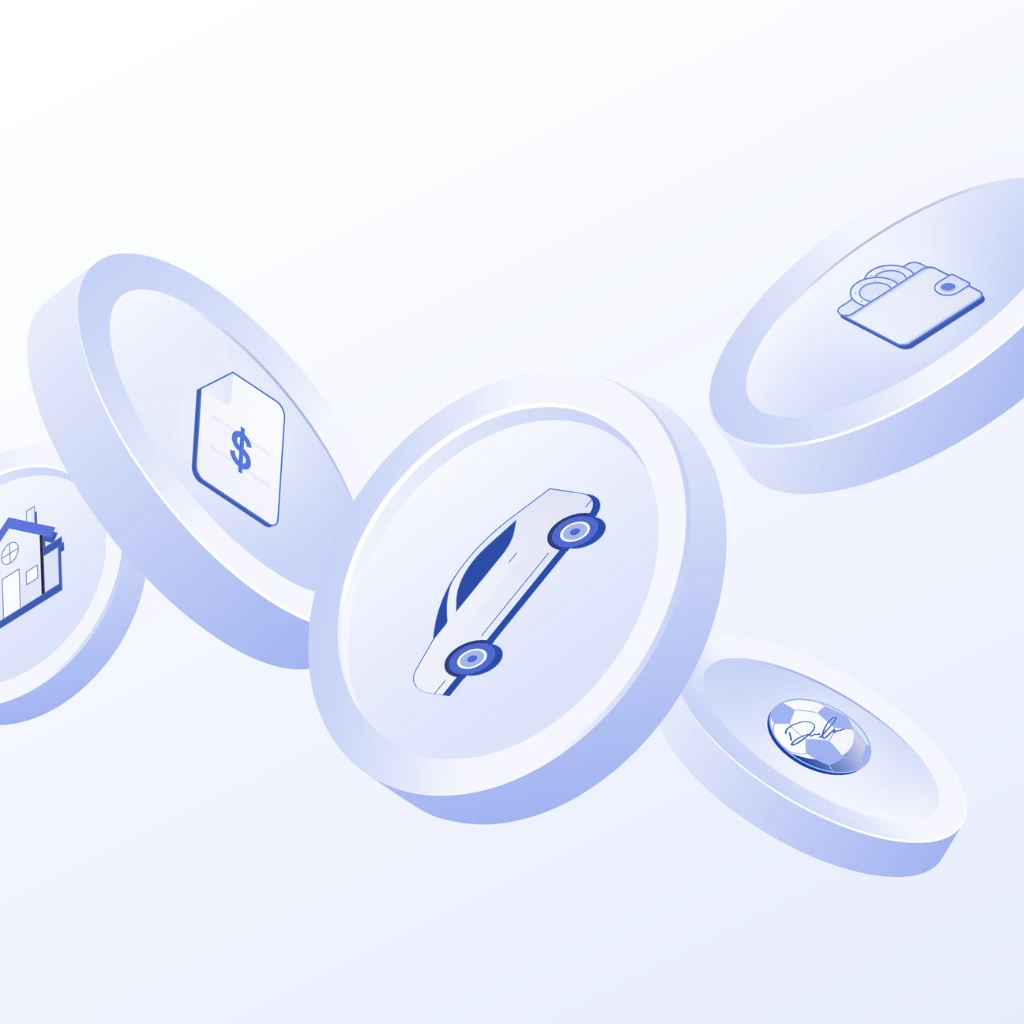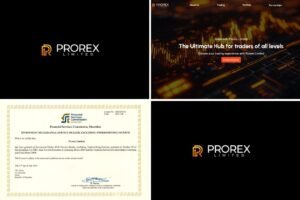Will RWA Disrupt Finance? A Beginner’s Guide to What It Really Means
Heard the phrase “RWA disrupt finance” but not sure what it means? You’re not alone.
Let’s break it down step by step.
What Is RWA, and Why Should You Care?
RWA stands for Real-World Assets. Think houses, land, gold, artwork, or even invoices—basically, things that exist in the real world and have value.
Now, here’s the new part: RWA aims to bring these physical assets onto the blockchain by turning them into digital tokens. These tokens can then be bought, sold, or traded—just like cryptocurrencies.
This process is called tokenization, and some experts think it could completely change how finance works.
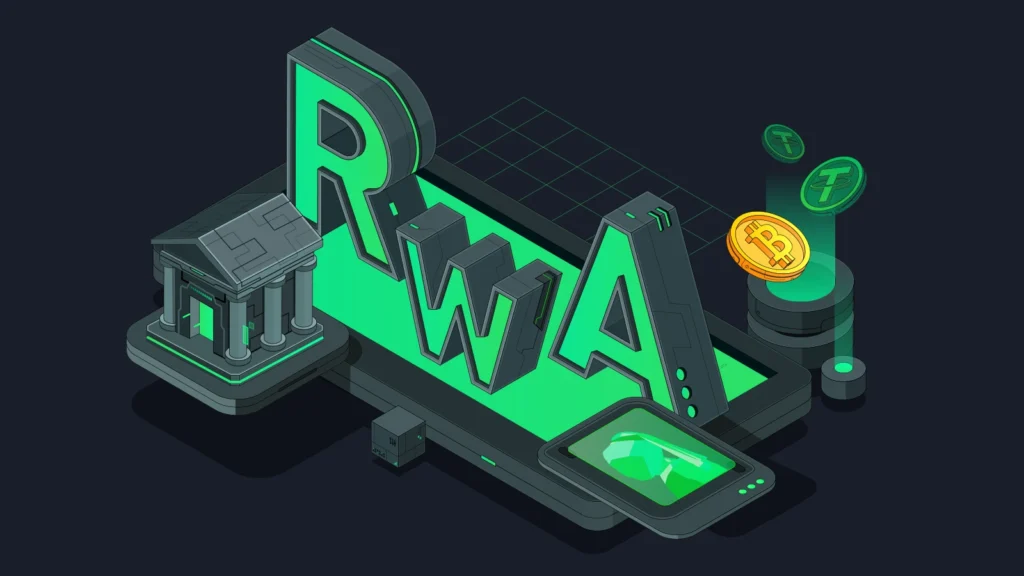
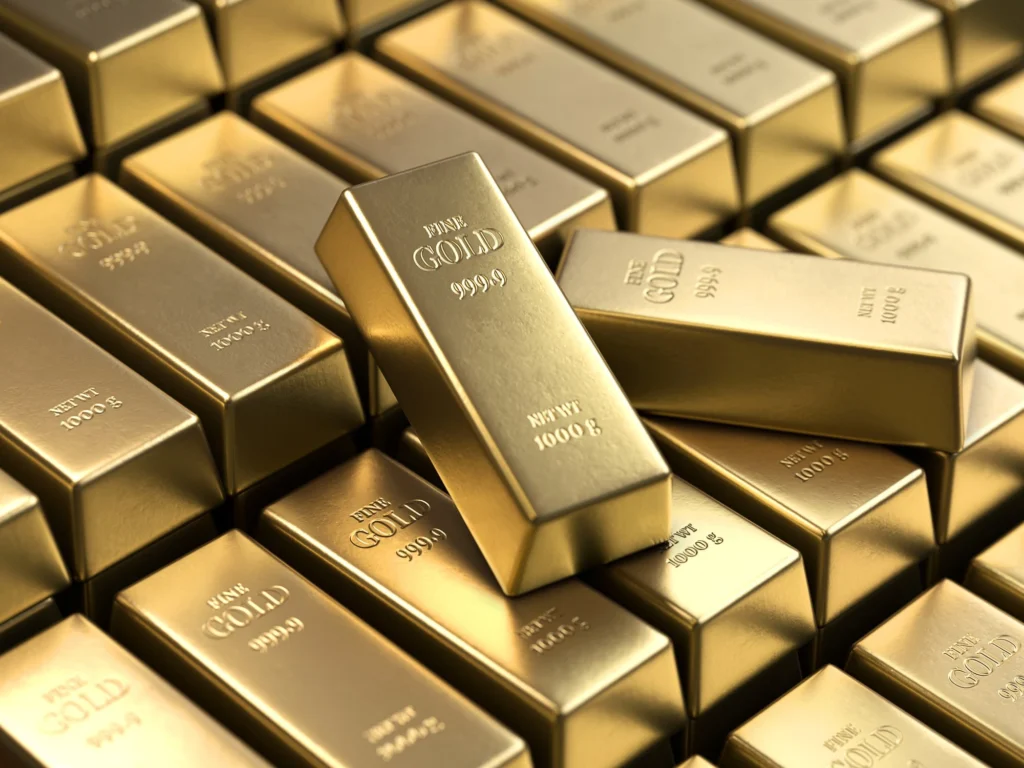
How Could RWA Disrupt Finance?
Right now, traditional finance is filled with paperwork, banks, lawyers, and waiting periods. Buying a house? That can take weeks, even months. Selling part of a building to raise cash? Good luck—unless you’re a big institution.
With RWA on blockchain, things could be much faster. You could own a piece of a building or a gold bar by simply buying a token. Want to sell your share? Just sell the token online—potentially in seconds.
So, how does RWA disrupt finance? It:
- Makes expensive assets easier to access
- Speeds up transactions
- Cuts out middlemen like brokers and banks
- Opens up investing to more people (not just the wealthy)
Sounds amazing, right? But it’s not all smooth sailing.
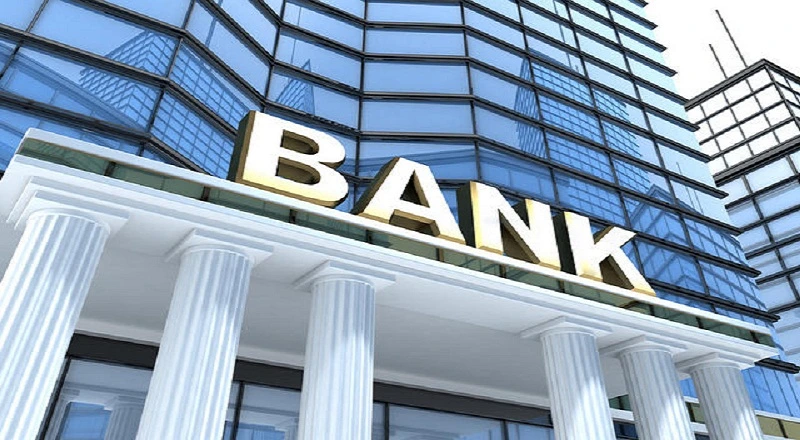
What’s the Catch? Risks and Challenges of RWA
Here’s the thing—just because something is on the blockchain doesn’t make it simple.
Let’s say you buy a token that represents a share in a building. Cool! But what happens if the building catches fire? Or if someone else claims to own it?
Blockchain doesn’t solve every problem. You still need:
- Legal rules to protect ownership
- Reliable data about the asset’s value
- Trusted third parties to connect the real world to the blockchain
There’s also the issue of regulation. Governments around the world are still figuring out how to deal with RWA. Are these tokens stocks? Property? Something new?
And don’t forget about tech bugs, scams, or errors in the code. These risks are very real.
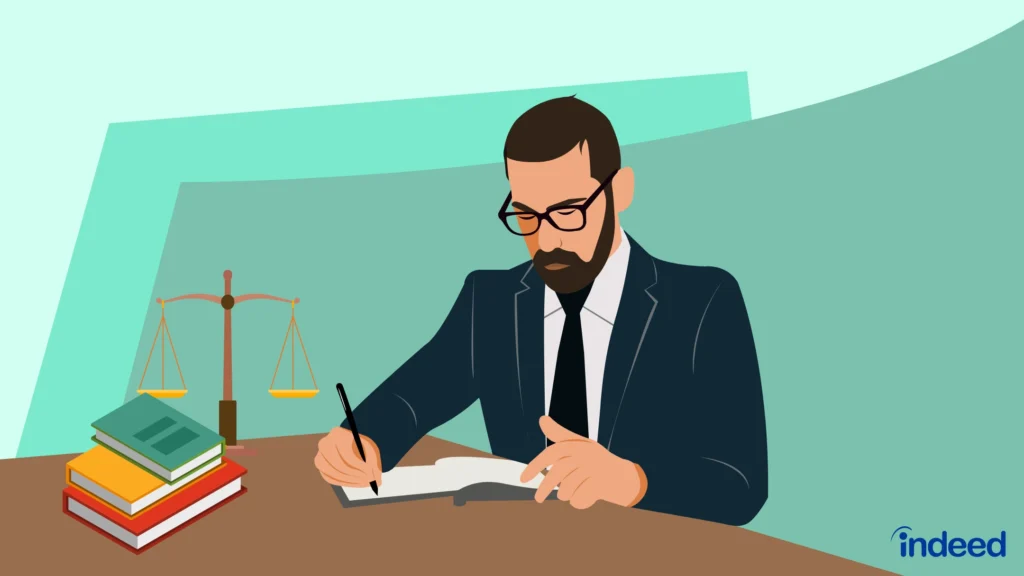
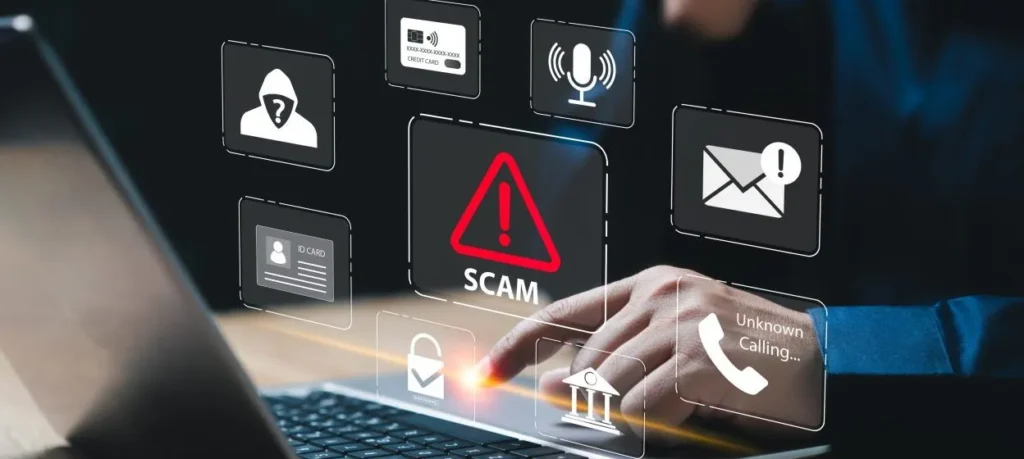
Are Any Projects Actually Doing This?
Yes—some real companies are already working on it.
- RealT is a platform that lets people invest in U.S. real estate through Ethereum-based tokens.
- Centrifuge connects small businesses with investors by tokenizing invoices, making it easier to raise money.
These aren’t just ideas—they’re live, working platforms. But they’re still early, and the rules around them are still developing.

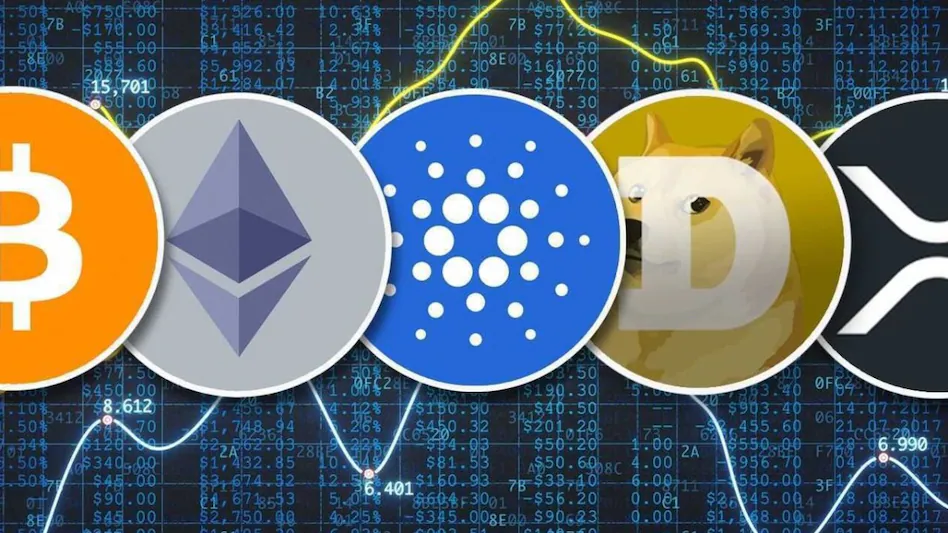
Could RWA Disrupt Finance for Real?
It’s possible. Some people believe this could be the next big thing in finance.
By turning physical things into blockchain-based assets, RWA could make global investing faster, cheaper, and more fair. It might even reduce the power of big banks and give more control to regular people.
But others say we need to slow down. The legal side is messy, and there’s a lot we don’t know yet.
So the real answer?
Maybe.
Maybe RWA disrupt finance, or maybe it’s just another crypto trend.
Final Thoughts: Should You Pay Attention?
If you’re curious about crypto or the future of investing, RWA is worth watching. It could change how we buy homes, invest in companies, or even support small businesses.
But for now, it’s still developing. If you’re thinking of investing in RWA, do your homework, understand the risks, and follow the news. This space is evolving fast.
Whether RWA ends up changing finance or not, it’s clear that we’re heading into a new era where digital meets real-world—and things are only just getting started.
Relevant Link : Here

